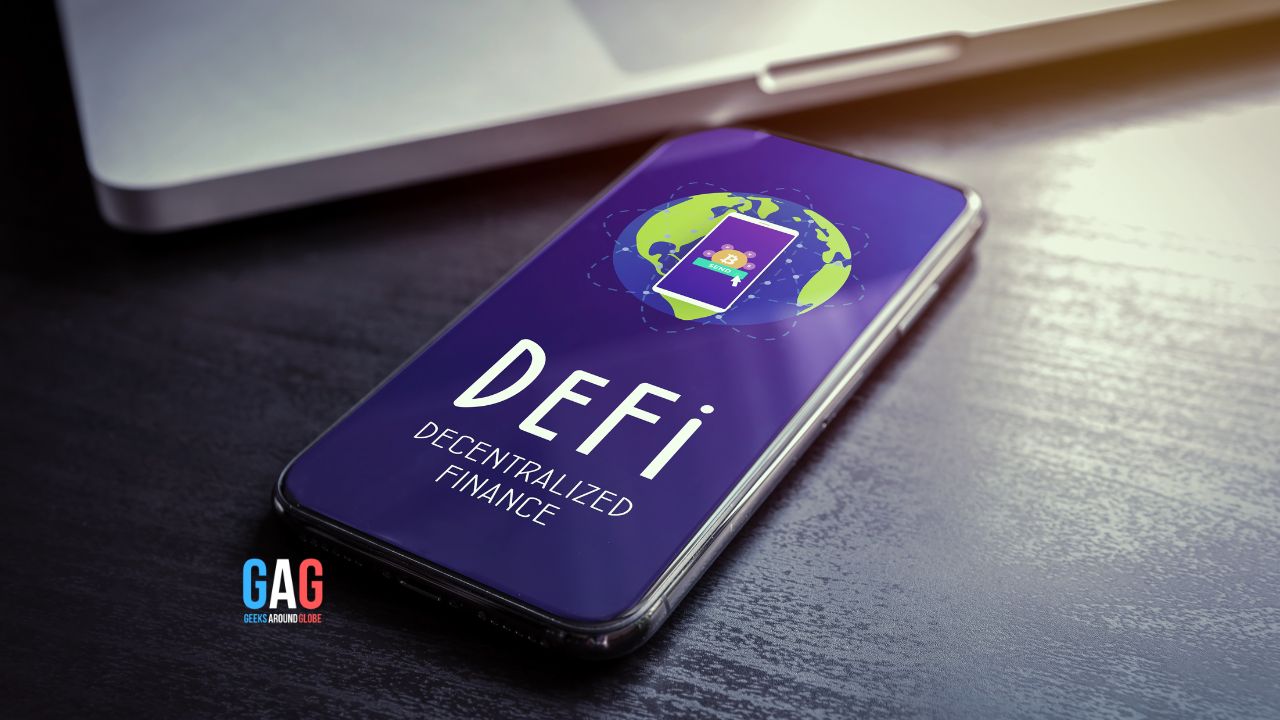In recent years, the emergence of digital currencies, most notably cryptocurrencies like Bitcoin and Ethereum, has sparked a global revolution in finance. These digital assets, built on blockchain technology, are reshaping traditional financial systems and paving the way for the future of decentralized finance (DeFi). This article explores the impact of digital currencies on the financial landscape and delves into the potential of decentralized finance to revolutionize the way we transact, invest, and participate in the global economy.
The Rise of Digital Currencies
Digital currencies, particularly cryptocurrencies, have gained significant traction due to their unique properties and potential for disruption. Unlike traditional fiat currencies, which are issued and regulated by central banks, digital currencies operate on decentralized networks, utilizing cryptography to secure transactions and control the creation of new units. The most well-known cryptocurrency, Bitcoin, introduced the concept of a peer-to-peer electronic cash system, revolutionizing the way value is transferred and stored.
Advantages of Digital Currencies
Digital currencies offer several advantages over traditional financial systems. Firstly, they enable fast and borderless transactions, eliminating the need for intermediaries like banks or payment processors. Industries like gaming are reaping big from the adoption of crypto in most gaming sites, for example, you can play Lightning Roulette or Sky Patriots using crypto. If you are a gaming enthusiast, click to find out more crypto games.
The adoption of digital currency in e-commerce, or as game currency opens up new possibilities for global commerce and remittances, facilitating instantaneous cross-border transactions at lower costs. Additionally, digital currencies provide increased financial inclusivity, as anyone with internet access can participate, even those without access to traditional banking services.
Another crucial aspect of digital currencies is their transparency. Blockchain technology, the underlying technology behind cryptocurrencies, creates an immutable and publicly verifiable ledger of all transactions. This transparency enhances trust and reduces the potential for fraud and manipulation, thereby increasing the efficiency and integrity of financial transactions.
The Potential of Decentralized Finance (DeFi)
Decentralized finance, or DeFi, refers to a rapidly growing ecosystem of decentralized applications (DApps) and financial protocols built on blockchain networks. DeFi aims to recreate traditional financial systems in a decentralized manner, eliminating intermediaries and providing individuals with greater control over their financial assets. Through smart contracts, DeFi protocols automate various financial processes, including lending, borrowing, trading, and yield farming.
DeFi presents numerous advantages, such as increased accessibility, enhanced privacy, and improved financial sovereignty. Individuals can participate in financial activities directly from their digital wallets, without relying on third-party institutions. Furthermore, DeFi enables the creation of innovative financial products and services, such as decentralized exchanges, stablecoins, and yield-generating protocols, which were previously unavailable or limited in traditional financial systems.
Challenges
While the potential of digital currencies and DeFi is vast, there are challenges and considerations to address. One significant challenge is regulatory frameworks. As digital currencies challenge the traditional financial order, regulatory bodies are grappling with the need to balance innovation and consumer protection. Striking the right balance will be crucial to fostering the growth of digital currencies and DeFi while mitigating risks associated with fraud, money laundering, and market volatility.
Additionally, the scalability of blockchain networks is a technical hurdle that needs to be overcome for widespread adoption. The current limitations in transaction throughput and high gas fees on popular networks like Ethereum hinder the seamless user experience and limit the scalability of DeFi applications. However, ongoing research and development efforts aim to address these scalability issues and enhance the efficiency of blockchain networks.
The Future of Decentralized Finance
The future of decentralized finance looks promising, as it continues to innovate and mature. As scalability solutions like layer-two protocols and alternative blockchains gain traction, the usability and accessibility of DeFi will significantly improve. Integration with traditional finance, such as bridging the gap between cryptocurrencies and fiat currencies, will also play a vital role in mainstream adoption.
Furthermore, the potential of DeFi extends beyond financial services. Decentralized autonomous organizations (DAOs) are emerging, enabling decentralized governance and decision-making. This allows for community-driven projects and investment opportunities, where stakeholders have a direct say in the direction and management of decentralized organizations.
The emergence of digital currencies and the rise of decentralized finance mark a transformative era in the global financial landscape. Digital currencies offer advantages such as speed, borderless transactions, and transparency, while DeFi presents new opportunities for financial inclusion, innovation, and control. Although challenges remain, the ongoing development of regulatory frameworks and technical scalability solutions will contribute to the growth and maturation of digital currencies and the DeFi ecosystem. With the potential to redefine traditional finance, decentralized finance has the power to democratize and revolutionize the way we transact, invest, and engage with the global economy.







